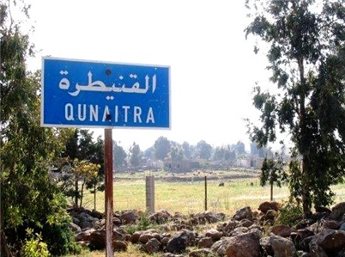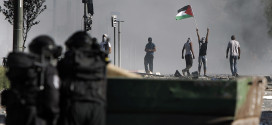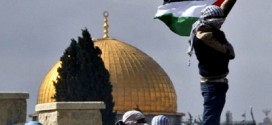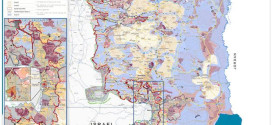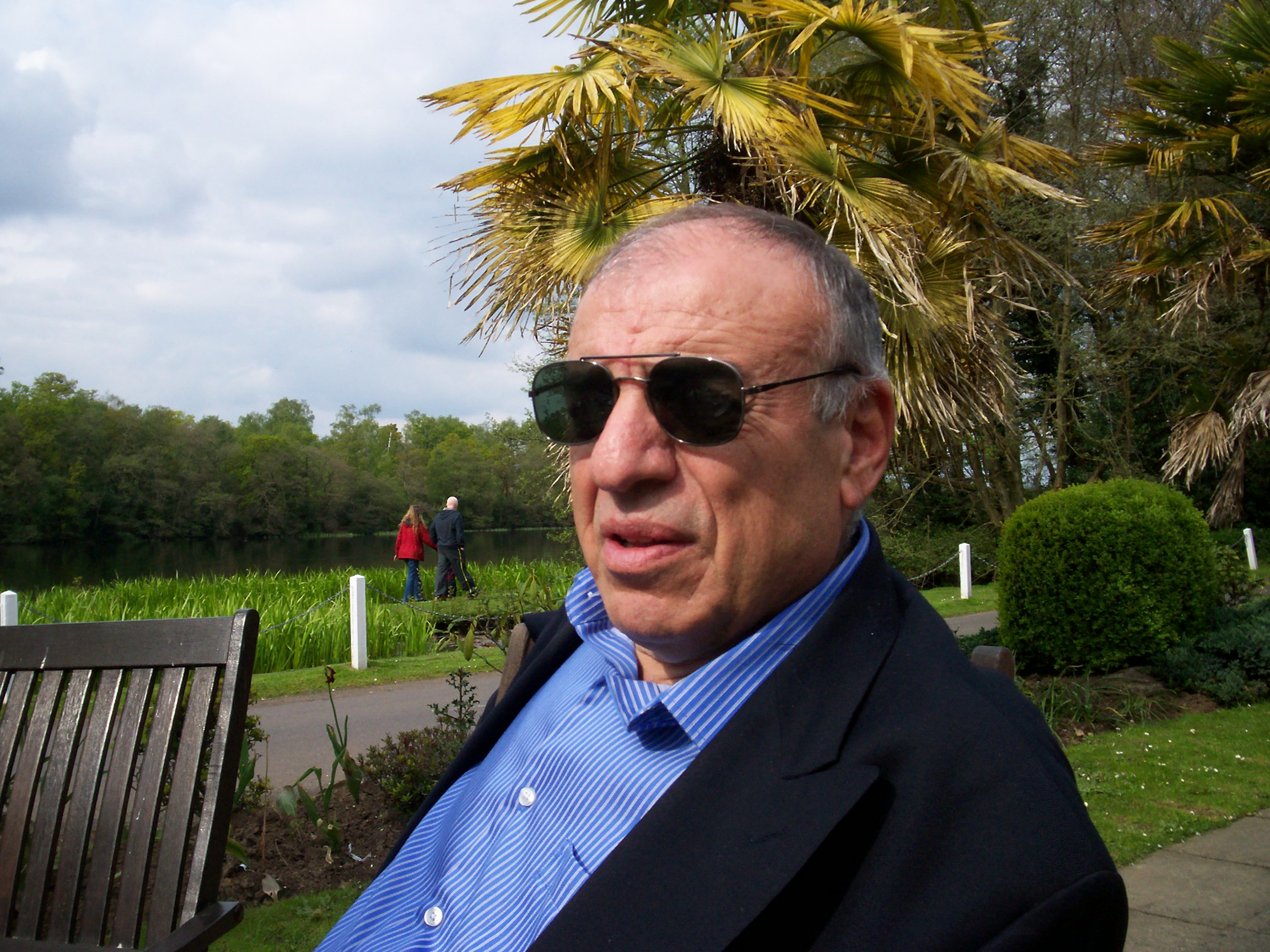Quneitra is a border crossing between Syrian and Israeli controlled territories of the Golan Heights. Syrian Druze from the Golan are permitted to cross through the passage to study, work and live in Syria. Apples grown by Israeli Druze farmers are exported to Syria under the auspices of the Red Cross, and occasional brides cross both ways to their new homelands. The border closes at 6pm, but can be opened for medical emergencies. The crossing has practical and symbolic significance, the only pathway to Israeli-occupied Golan Heights. It’s generally a quiet life, says Nehad Ismail.
Quneitra’s seizure in the past few weeks by a mix of rebels, some flying the black flag of ISIS, has created an unprecedented situation that brings this obscure site to international attention for the first time in forty years, and the extremists to within just a few metres of Israeli positions. Quneitra came under Israeli control in June 1967 during the six-day war. Briefly recaptured by Syria during the 1973 Yom Kippur War, Israel regained control in its subsequent counter-offensive. The city was almost completely destroyed before the Israeli withdrawal in June 1974. It now lies in the demilitarised United Nations Disengagement Observer Force Zone (UNDOF) between Syria and Israel, a short distance from the de facto border between the two countries.
Forty years after the negotiated return of Quneitra by Israel to Syria in 1974, the town, a short distance from the crossing whose name it bears, remains a ruin. Its desolation is a Syrian reminder to the Arab world that it is still officially at war with Israel, who, for understandable reasons, prefers that the Syrian army controls this region rather than al Qaeda linked groups.
Since the Syrian uprising erupted in March 2011, Israel has remained neutral, happy to see Assad’s army bogged down by battles with rebel groups. The rebels have declared that their intention is the toppling of the Syrian regime, and that they are not interested in fighting Israel. Israeli security officials remain concerned that the Nusra Front might direct its fire against them.
The Quneitra crossing seizure represents an important victory for the Nusra Front and the other rebels. The site was the Syrian army’s last stronghold in the Golan Heights, and sits at the tip of the main road to Damascus. When the rebels seized the crossing, they also captured 45 UNDOF peacekeepers from Fiji, and trapped about 80 others from the Philippines. The Filipino troops later fled to safety, while the Fijians remain in rebel captivity, held as hostages in an unknown location.
Some of the rebels deny that the UN peacekeepers monitors are their targets. The Nusra Front, however, accuses the UN of complicity with Syria, claiming that the regime uses the white UN cars, and that UNDOF peacekeepers were helping regime forces.
The London Times reported 3 September that al-Qaeda’s official branch in Syria (Nusra) is demanding to be removed from a United Nations list of terrorists, in return for the release of the Fijians. The Nusra Front issued two further demands for the release of the hostages: the delivery of humanitarian aid to rebel-held parts of Damascus, and financial compensation for three of its fighters killed in a gun battle with international forces on the Golan Heights.
Control of the crossing point is a powerful symbolic demonstration of power by Damascus. According to the Syrian Opposition, Quneitra has been used by the regime to stir emotions and play games for political gains. Since the Syrian conflict began in 2011, the plateau has been tense, with a growing number of rockets and mortar rounds hitting the Israeli side, mostly stray, but prompting occasional armed response.
Yalla Souria (yallasouriya.wordpress.com), a small but reliable source of Syrian news, believes that since 2012, Assad has pondered the value of creating tensions over the demilitarised zone in Quneitra. To bolster its stance as pro-Palestinian and anti-Israeli, the regime permitted Palestinians living in Syria in May 2011 to reach the border of the Golan Heights. Since March 2012, Assad has been accused by the Opposition of making trouble in the zone, not with the intention of starting a war, but to give the impression to the Arab street that he is no friend of Israel. The regime is fully aware of the consequences of any serious war with Israel.
Syrians argue that Israel wants to expand the demilitarised zone inside the Syrian territory, but needs the US green light. The Free Syrian Army, the Islamic Front and all other rebel movements will not accept the presence of Syrian government forces in their backyard. If Israel now seizes more territory, Damascus will accuse the rebels of collusion with Israel, who still fears the Islamist fighters sufficiently to support Assad, who she sees as the best keeper of Israeli interest in the border.
Damascus has a two pronged aim: to promote Israeli fear of the rebel groups so she puts pressure on US to refrain from arming the Syrian Opposition; and to keep Assad in power. By provoking Israel into reciprocal (but containable) actions against the Syrian regime’s forces, Assad can claim that he is not only confronting terrorists, but also Israel, the historical enemy of Arab nations.
Israeli commentator Zvi Bar’el observes that the proximity of Quneitra to the border with Israel makes the battle for the town of great strategic importance for the Syrian army, but in the long term remains marginal to Assad’s grip on power. Writing recently in Haaretz newspaper, Bar’el noted that it is also “critical” from Israel’s perspective, but suggested that even if the Assad regime regains control of the crossing, “it won’t win them the war against the rebels”.
 العربي الديمقراطي The Latest From The Arab World
العربي الديمقراطي The Latest From The Arab World


